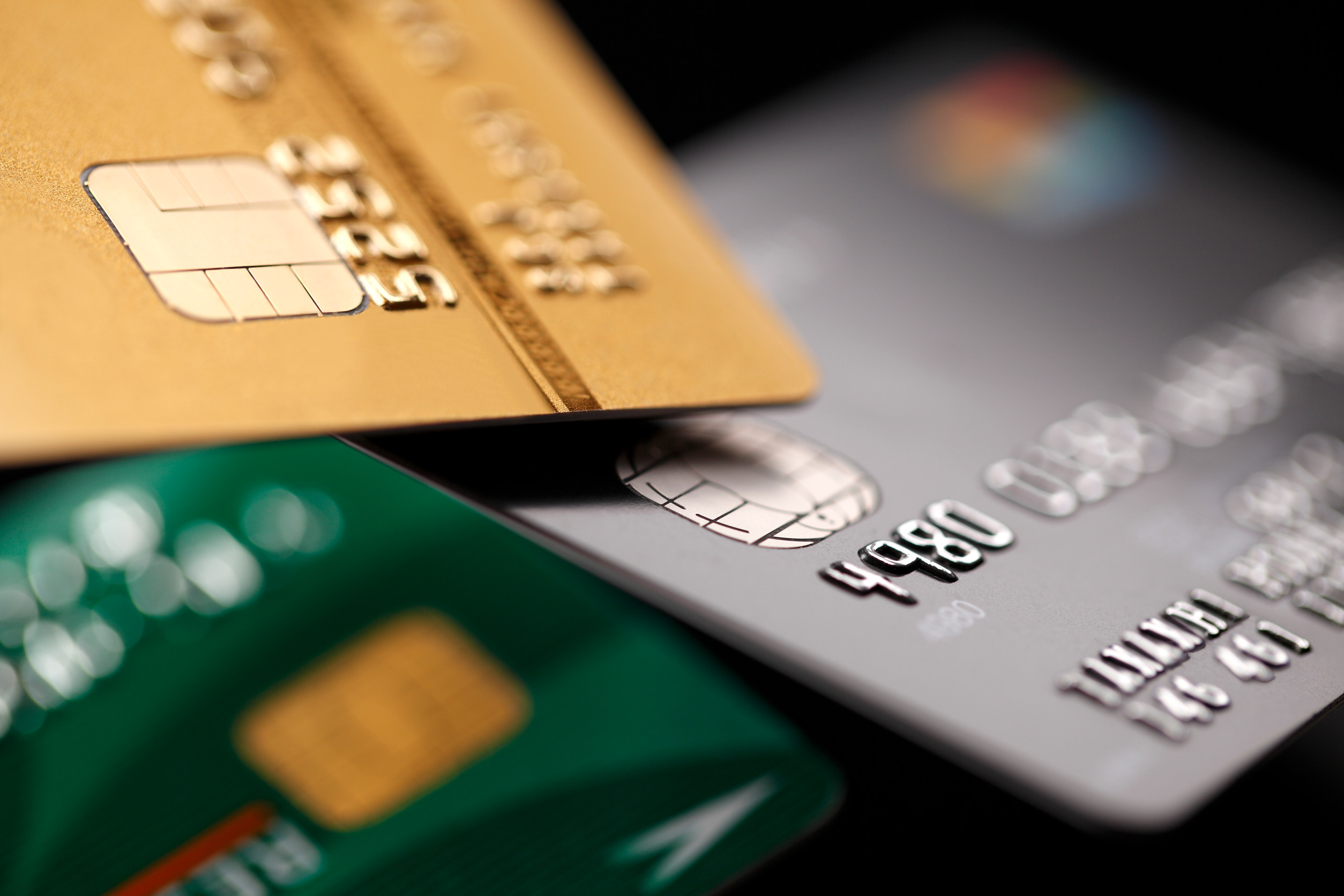
Credit cards can be powerful financial tools when used wisely, but they can also become a source of serious financial trouble. While many people focus on rewards points and cash-back offers, they often overlook habits that signal danger to lenders, credit bureaus, and even themselves. These habits can quietly chip away at your financial health, leaving you vulnerable to debt and long-term consequences. Recognizing these warning signs early can help you correct course before things spiral out of control. Here are six habits that raise red flags with credit cards and why they could be more damaging than you think.
1. Carrying a Balance Month After Month
One of the clearest red flags is consistently carrying a balance. While paying the minimum amount due keeps your account from going delinquent, it also racks up interest that compounds over time. High-interest rates mean that your $100 purchase can easily balloon into $200 or more if carried over several months. Lenders see habitual balance-carrying as a sign you may be overextended. Beyond damaging your credit score, this habit drains your financial flexibility and locks you into a cycle of debt.
2. Maxing Out Your Credit Cards
Using your credit card to its full limit regularly can tank your credit score quickly. Credit utilization—the ratio of your balance to your credit limit—makes up a significant part of your credit score. Experts suggest keeping utilization below 30%, but many financial advisors recommend staying under 10% for the best results. Maxing out your cards not only looks risky to lenders but also leaves no room for emergencies. This behavior can also trigger account reviews from your card issuer, which sometimes results in reduced limits or canceled accounts.
3. Frequently Applying for New Cards
Opening new credit cards just to chase sign-up bonuses or expand credit lines can backfire. Every application results in a hard inquiry, which temporarily lowers your credit score. Too many new accounts within a short period signals to lenders that you might be desperate for credit. It also makes managing multiple due dates and balances more complicated, increasing the risk of missed payments. While one or two strategic applications are fine, constant card-chasing is a major financial red flag.
4. Making Only Minimum Payments
Paying just the minimum may seem like a safe way to keep accounts in good standing, but it signals trouble. This approach stretches out repayment timelines to decades in some cases and dramatically increases total interest paid. It also tells lenders that you may not have the resources to handle your debt responsibly. Over time, this pattern prevents you from making financial progress and traps you in a debt cycle that’s hard to break. Making more than the minimum—even an extra $50 a month—can drastically reduce your repayment timeline.
5. Using Cash Advances Regularly
Cash advances are one of the most expensive ways to borrow money. Not only do they come with high fees, but they also carry immediate interest charges without the grace period that typically applies to purchases. Frequent cash advances suggest that you’re struggling to manage your finances without outside help. Credit card issuers and credit bureaus see this as a desperate move, which could reduce your access to future credit. If you find yourself turning to cash advances often, it’s a clear sign you need to reassess your financial plan.
6. Ignoring Due Dates and Paying Late
Late payments can be one of the most damaging credit card habits. Just one missed payment can lower your credit score by dozens of points and trigger hefty late fees. Repeated late payments often lead to penalty interest rates, making it even harder to pay down balances. Over time, these late payments create a pattern of irresponsibility that can make it difficult to qualify for mortgages, car loans, or even jobs that check credit history. Staying organized with reminders or automatic payments is one of the easiest ways to protect your financial health.
Protecting Your Financial Future Starts With Habits
Credit cards themselves aren’t dangerous—it’s how you use them that matters most. By avoiding these red-flag habits, you can build strong credit, earn rewards responsibly, and maintain financial flexibility. The key is to treat credit cards as tools rather than lifelines. When you shift your mindset and focus on paying in full, keeping balances low, and staying consistent, your financial future looks much brighter. Remember, your habits today will shape your opportunities tomorrow.
Have you caught yourself in one of these habits before? Which red flag do you think is the hardest for people to avoid? Share your experiences in the comments below.
What to Read Next…
- Why Some Men Are Hiding Their Credit Card Debt From Their Spouses
- 10 Purchases You Should Never Put on a Credit Card
- 7 State Tax Credits That Quietly Disappeared in 2025
- 5 Credit Card Rules That Changed Without Informing Consumers
- 8 Popular Credit Offers That Are Costing Retirees Thousands
The post 6 Credit Card Habits That Raise Red Flags appeared first on Clever Dude Personal Finance & Money.







